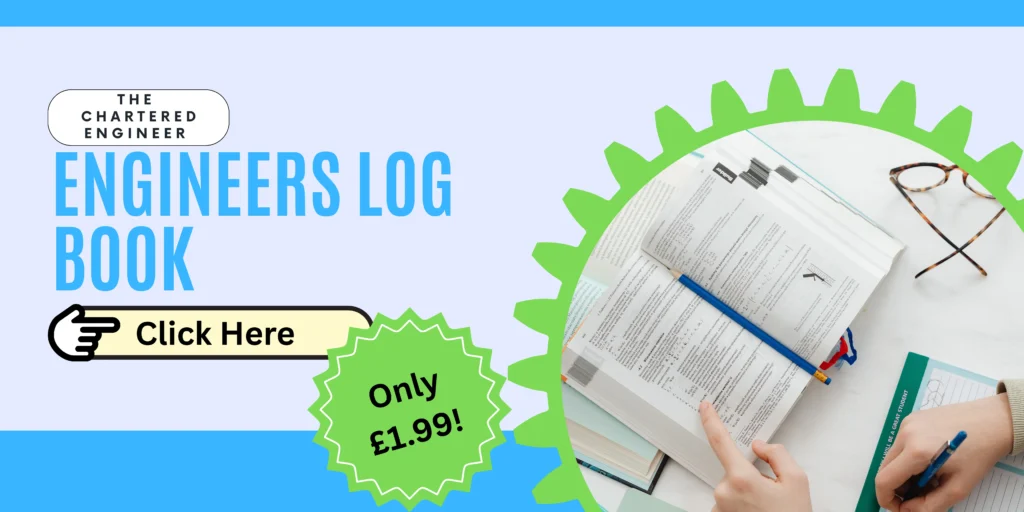Critical thinking – The Socratic method for developing your logic
Right thinking = Right start series
Let’s start with some Critical thinking.
Over the next 5 posts I’m going to write a series on what I call Right thinking = Right start, here I want to explain 5 methods I’ve researched about and attempted to use myself everyday as an engineer (with varying degrees of success).
Unless you’re Greek or have studied ancient Greek history, you may or may not have heard of this method (but you’ve probably heard of the man – Socrates). The name of the method is less important than the technique itself, which you’re more likely to have come across at least once in your lifetime.
The Socratic method is a continuous line of questioning (individuals or small groups for about 15 mins) where the questions lead the conversation, why? Well this is used to test your knowledge but more so your understanding of that knowledge and your thoughts that reinforce your understanding, here no authority can save you.

We all live life though experiences and we learn from those and learn from other people, from that we form our Beliefs/Assumptions/Bias/Perceptions/Values and Principles that are applied to our knowledge and understanding (the more we interact personally with those characteristics the stronger they become). But they could be wrong and you’d never know unless it was challenged, hence the method which helps to draw out the persons unexamined assumptions.
Here the method is used to engage the individual and group and push them to defend that knowledge until it breaks, what the method looks for is :-
- Contradiction
- Circular logic
Once that’s found the individual can then question themselves as to where their shortfalls are and address it.
The types of questions used within this method is important, the examiner (and yes this is used in law a lot) can’t just use simple questions, each answer develops the next question which must drive the person to think harder about the topic they know, the key here is to always try to answer.
Where it has been used in the past to break students and assert dominance, today the professional (or person asking questions) only uses the methods for one of two things :- Accountability or Developing the thinking further.
With Accountability, the questions are designed just to check the student knows the source material, but the second aspect is to push that knowledge, this moves towards the goal of developing critical thinking / higher engagement and a deeper understanding past the original text.
There is no leading, there is no person with all the answers and certainly there is no guide within this method as the questioner themselves assumes and knows nothing of the topic being discussed (this is difficult when it’s a Lecturer). This helps develop more clearer probing questions with each iteration to expose gaps.
Some points for Critical thinking :-
- This method doesn’t give answers or passes on new knowledge
- Isn’t the conventional teaching method
- No knowledge is passed on to the learner
- Critical thinking is the end goal
- You can’t truly prepare for it
- You develop a Stop/Think/Answer technique
- Open ended
- Promote productive discomfort
- Not used to intimidate
- Helps develop reasoning skills
- Best used to demonstrate the complexity/difficulty and uncertainty within the world
This has ties to the Feynman technique and first principles
- In Feynman you try to explain in the simplest terms the concept – if you cannot you have reached the limit of your understanding and must go back to the learning
- In first principles, we start from the core basic elements of the idea/subject/method and reason up from there
To conclude as Socrates himself said “The unexamined life is not worth living” we probably don’t have to go that far, but examining our thoughts or having them challenged occasionally is beneficial to us, it is our responsibility to question ourselves and test them.
Resources used :-
- Learn Law better – YouTube channel
- Ted talk
- University of Stanford website
- University of Chicago website
- Orionphilosophy.com



What are your thoughts? Have I covered everything or is there more you know and would like to share?
I’m always learning and improving this site and my blogs, so please feel free to get in touch with me via LinkedIn or this site to discuss any topics I have covered.
If you’re having trouble finding ways to progress check out these sites filled with free learning tools:


Discover more from The Chartered Engineer
Subscribe to get the latest posts sent to your email.